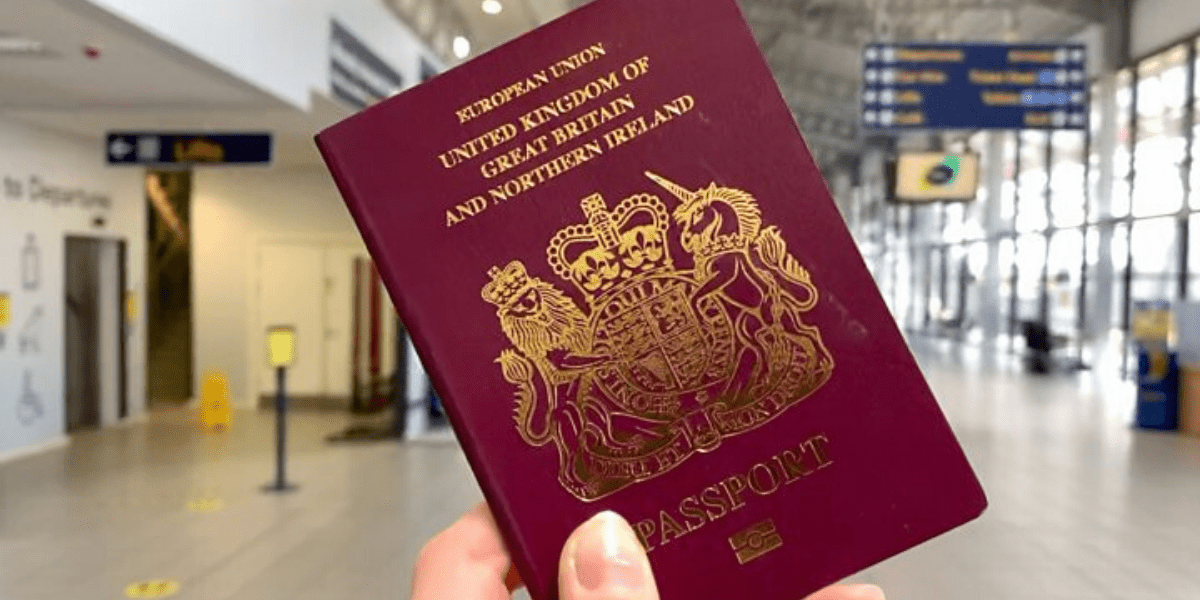Malaria, what is it, and how does it transmit?
Malaria is a severe tropical disease spread by mosquitoes. If it isn’t diagnosed quickly and treated immediately, it can be fatal. A single mosquito bite is all it takes for someone to become infected.
Symptoms usually appear between 7 and 18 days after becoming infected, but in some cases, the symptoms may not appear for up to a year, or occasionally even longer.
Malaria can also be spread through blood transfusions and the sharing of needles, but this is very rare.

Malaria symptoms
-A high temperature of 38°C or above
-Feeling hot and shivery
-Headaches
-Vomiting
-Muscle pains
-Diarrhoea
Read more about the symptoms of Malaria here.

Malaria - Ben's story
Ben was a 20-year-old photographer travelling to a remote part of Ghana to volunteer with a charity when he contracted Malaria.
One night, Ben had accidentally left his bed tent open and a mosquito managed to get in. Within one single bite, he had contracted Malaria. Before Ben was able to get a diagnosis, he began violently throwing up, experienced diarrhoea, headaches, dizziness and could barely walk straight. Within just five days, he was told he had a ‘complicated’ case of Malaria.
Upon getting discharged, Ben had to take 21 tablets a day to combat his illness. In his case, he reacted severely and ended up back at the hospital. Before eventually being able to fly home, but had lost 7kg and had immense mental impacts due to the trauma of fighting against his Malaria.
This demonstrates how quickly Malaria can take over your body if not treated correctly.
Hotspots for Malaria
Malaria is found in more than 100 countries, mainly in tropical regions of the world. Some Malaria hotspots include:
-Large areas of Africa and Asia
-Central and South America
-Haiti and the Dominican Republic
-Parts of the Middle East
-Some Pacific islands
Malaria is not found in the UK – it may be diagnosed in travellers who return to the UK from risk areas.

Advice for those travelling to Malaria hotspots
We strongly urge travellers going to Malaria hotspots take the time to seek advice from our specialist travel clinic about malaria prevention ideally 4 to 6 weeks before travel, but even if you are travelling at short notice it is not too late to get protected.
You should also continue taking your anti-malarial medication for up to four weeks upon returning home to cover the incubation period where the disease could still be present.
Malaria is a very severe illness that can get worse very quickly. It can even be fatal if not treated promptly.
It can also cause serious complications, including:
- severe anaemia – where your red blood cells are unable to carry enough oxygen around the body, leading to drowsiness and weakness
- cerebral Malaria – in rare cases, the small blood vessels leading to the brain can become blocked, causing seizures, brain damage and coma
Visit your nearest travel clinic today to talk about anti-malarial medication and further travel advice, alternatively, feel free to contact one of our travel experts for more information and advice regarding your trip or visit our dedicated malaria page here.




